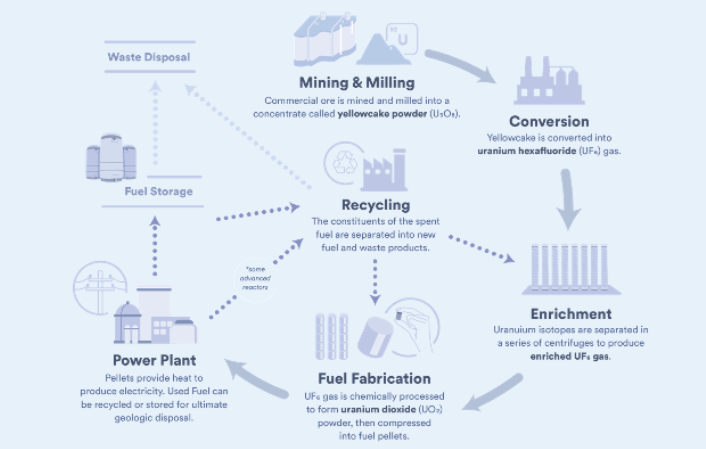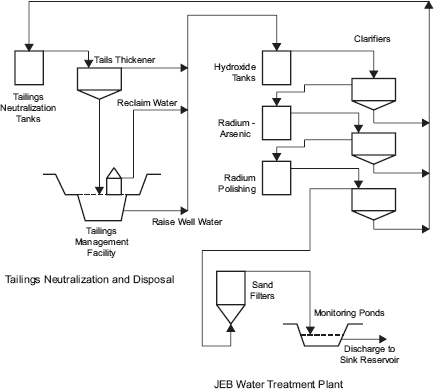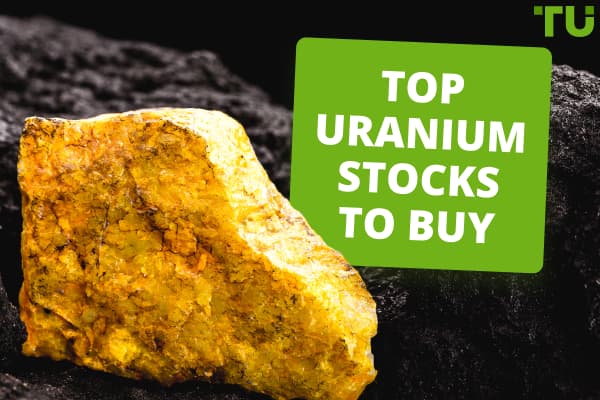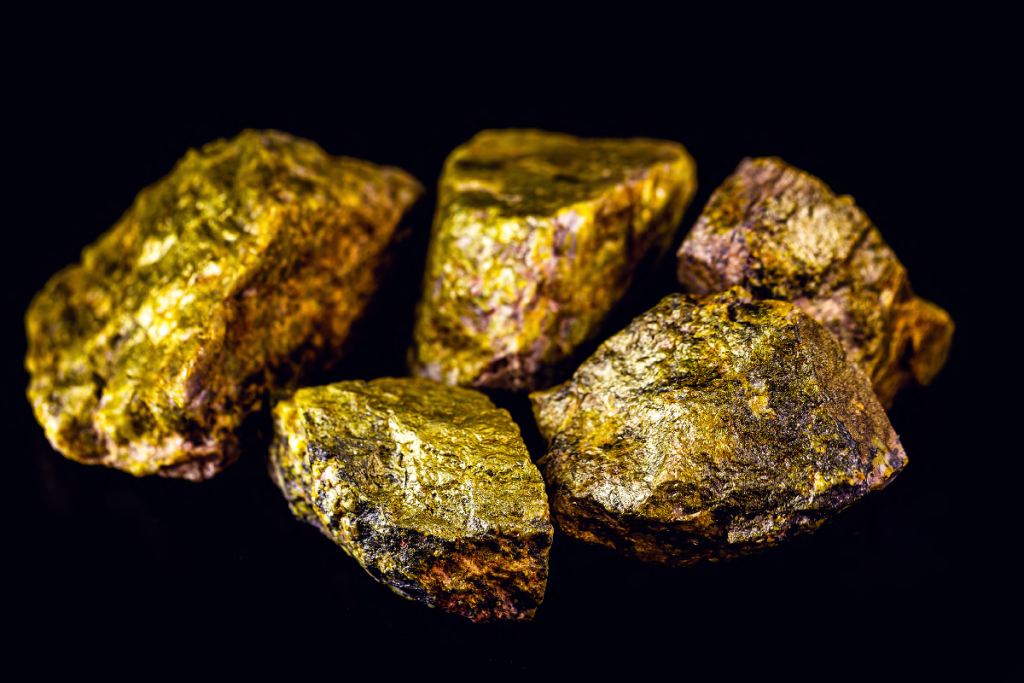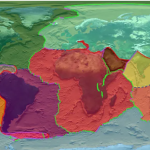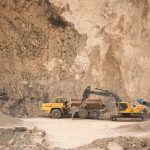Exploring The Remarkable Transformation of Rock Formations From Igneous To Sedimentary

Rock formations preserve the Earth’s geological history, documenting the processes that influenced our planet, the evolving climates, and the growth and decline of past civilizations.
Comprehending the transition from Igneous to sedimentary formations provides valuable insights, enabling us to reconstruct the history of our planet.
Join us @ Zik Natural Resources in exploring the wonders of rock formations on an astonishing journey across time and space, from the Earth’s crust to the surrounding landscapes.
Different Types Of Rock Formations And Their Origin
There are three basic types of rock formations: igneous, sedimentary, and metamorphic, each with different shapes. Each type possesses distinct properties and undergoes a specific creation process.
- Igneous Rocks: originate from the molten depths of the Earth; when molten lava or hot magma cools down and becomes solid, it forms igneous rocks by crystallization. This process can occur underground, resulting in intrusive igneous rocks, through the slow cooling and solidification of lava deep within the Earth’s crust which results in the formation of big crystals in rocks, creating a coarse-grained texture.
Extrusive igneous rocks are created by the rapid cooling of molten rock that explodes onto the outermost layer of the Earth which inhibits the growth of big crystals, leading to the formation of small-grained textures. - Sedimentary Rocks: the Earth’s surface undergoes continuous erosion by elements of nature over time. Rocks are fragmented into smaller particles, called sediments, which are compressed and solidified by pressure and chemical reactions, resulting in the formation of sedimentary rocks. It is characterized by their stratified appearance, each stratum symbolizes a distinct era in Earth’s past.
- Metamorphic Rocks: are rocks that have changed through high temperatures and pressure. When previously formed rocks undergo extreme conditions such as pressure and temperature, the minerals inside them undergo recrystallization and rearrangement, resulting in the formation of new minerals and textures. Various rocks that have undergone metamorphisms, such as marble, slate-based materials, and gneiss rocks can form through this process.
Subscribe to www.zikresources.com for more valuable content
The Economic Importance Of Rock Formation
Rocks have not only influenced the formation of the earth but have also been crucial in the development of mankind. Rocks and minerals have been essential resources throughout history, supplying humans with construction materials and precious metals.
- Limestone is a commonly utilised rock in buildings, its reliability and variety make it a perfect material for constructing buildings, highways, and monuments of all kinds, marble is a metamorphic rock, is well-known for its aesthetic appeal and has been utilised in works of art, building design, and ornamental creations for many years.
- Coal, a sedimentary rock, has been an essential energy source for ages; it powered the rise of industrialization and remains a crucial energy source in modern times which originates from ancient organic material found deep within sedimentary rocks.
- Minerals and rock formations are valuable for their useful metals and precious stones, which have significant economic worth. Gold, silver, diamonds, and various other minerals are highly valued for their scarcity and aesthetic appeal, leading to widespread exploration and extraction operations globally.
Subscribe to www.zikresources.com for interesting and educative content
The Benefits Of Rock Collecting In Rock Formation
Rock collecting, often called amateur geology or rock hounding, is a well-liked hobby that enables people to investigate and admire the marvels of rocks. It provides several advantages, including educational and recreational opportunities, for individuals of all age groups who are passionate about it.
- Rock collecting promotes outdoor activities and nurtures a bond with nature. It offers motivation to explore nature, whether by looking for fossilised organisms on a beach or hiking through rugged terrains to find distinctive specimens.
- Rock collection can also serve as a medicinal and stress-reducing exercise. Engaging in the exploration of rocks, analyzing their textures and colours, and organising a collection, can be a soothing and contemplative experience.
- Rock collection is often considered a social activity by many individuals. It unites people who share a common interest in rocks and offers chances for networking, exchanging specimens, and engaging in structured activities like rock and mineral exhibitions.
In conclusion, the process of rock formations transitioning from igneous to sedimentary and metamorphic forms showcases the dynamic nature of our planet.
Rocks are crucial for uncovering Earth’s geological history and offer significant information about the processes that have influenced our planet.
Exploring the economic importance, advantages, and benefits of rock collecting allows us to develop a greater admiration for these unassuming yet enduring natural marvels.
Ensure to Share this valuable information on your different social media platforms www.zikresources.com


